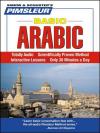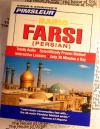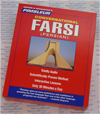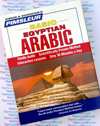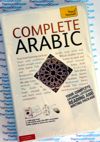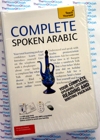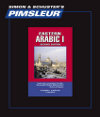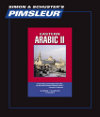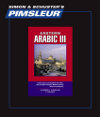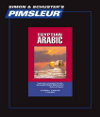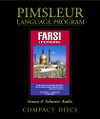Arabic

|
Arabic may refer to either literary Arabic ى) or the many localized varieties of Arabic commonly called "colloquial Arabic." Arabs consider literary Arabic as the standard language and tend to view everything else as mere dialects., refers both to the language of present-day media across North Africa and the Middle East and to the language of the Qur'an. (The expression media here includes most television and radio, and practically all written matter, including all books, newspapers, magazines, documents of every kind, and reading primers for small children.) "Colloquial" or "dialectal" Arabic refers to the many national or regional varieties derived from Classical Arabic, spoken across North Africa and the Middle East, which constitute the everyday spoken language. These sometimes differ enough to be mutually incomprehensible. These dialects are typically unwritten, although a certain amount of literature (particularly plays and poetry) exists in many of them. They are often used to varying degrees in informal spoken media, such as soap operas and talk shows. Literary Arabic or classical Arabic is the official language of all Arab countries and is the only form of Arabic taught in schools at all stages. Persian, the more widely used name of the language in English, is an Anglicized form derived from Latin *Persianus < Latin Persia < Greek Πέρσις Pérsis, a Hellenized form of Old Persian Parsa. According to the Oxford English Dictionary, the term Persian seems to have been first used in English in the mid-16th century. Native Persian speakers call it "Fārsi" or Parsi. Farsi is the arabicized form of Parsi, due to a lack of the /p/ phoneme in Standard Arabic. |

 0 Items (Empty)
0 Items (Empty)
